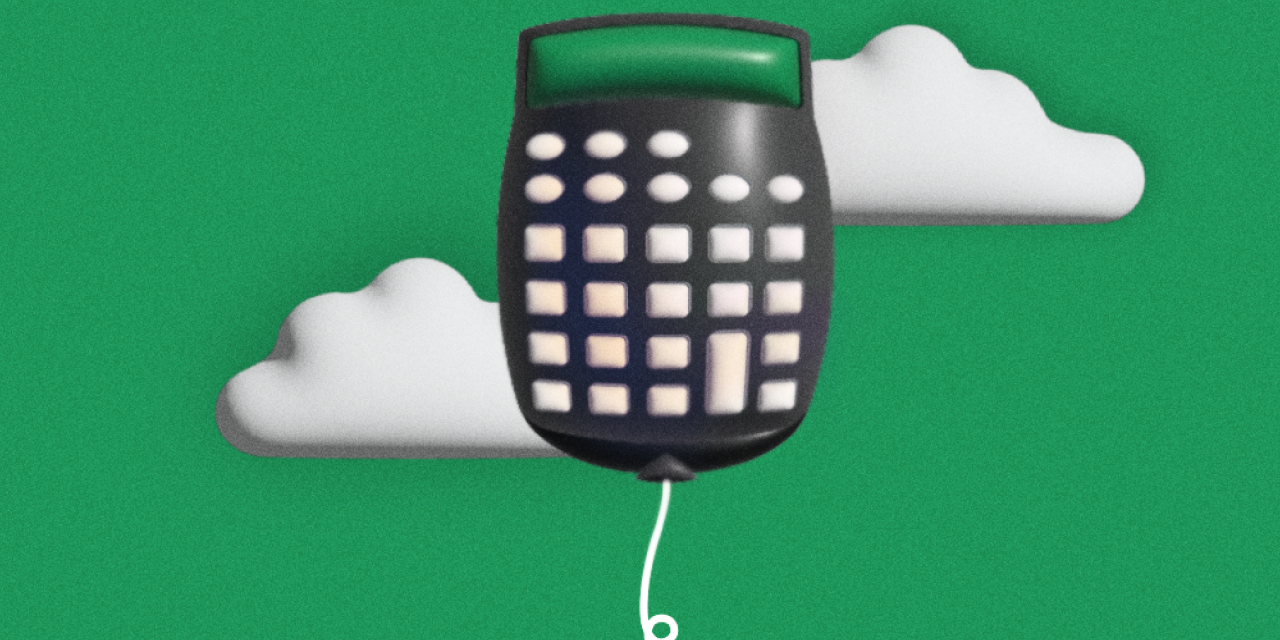Not raising prices is the hot new inflation marketing tactic

This story is part of Inflated Expectations, a Modern Retail series about the impact inflation is having on brands and retailers.
With inflation rising, retailers are marketing to shoppers about better deals simply by not raising prices.
Matt Meeker, CEO and co-founder Bark, the parent company of BarkBox, sent an email to customers announcing that its products will not be impacted by inflation, “Not now, not ever.” The inflation-proof pricing includes products from its toy, wellness and Bark Food offerings. Meanwhile, Old Navy announced in July that it would not raise prices on any denim through the end of September.
“Despite the fact that the price of pet food keeps hitting new highs, we don’t believe our dogs should be affected by inflation. In our ten years of serving dogs, we’ve never raised the price on our ongoing subscribers,” Meeker told Modern Retail in an emailed statement. “If a customer subscribed to BarkBox when we first launched in 2012, then they are still paying that same price. As long as a customer doesn’t cancel and re-subscribe, they are locked into the same price for life.”
Retailers and brands have been faced with hard decisions when it comes to pricing and margins. Numerous retailers — including cereal maker Kellogg’s and cleaning brand Clorox — have raised prices on products as inflation continues to take hold. Not all brands, however, are hiking prices. Bark and Old Navy, among other retailers, are holding back any price hikes in a bid to draw in consumers looking to stretch their budgets. It’s a way to offer a promotion without explicitly offering discounts, experts said.
“Customers are needing more coaxing and with inflation going up and pricing going across the board, their discretionary income has kind of been reduced a bit,” said Marty Anderson, a principal at consultancy firm The Parker Avery Group.
The price of goods and services rose 8.5% in July from last year, according to recent data from the Labor department. In a period where consumers are becoming more price-sensitive, experts said retailers are being more mindful of how they market their products and communicate with customers.
Ad position: web_incontent_pos1
Unlike inflationary environments in the past, this period came on the heels of heightened demand for some categories — including apparel and home — and a supply chain crisis. As the demand for those categories dwindled, retailers are left with more inventory than consumers are willing to buy.
As a result, some retailers marketed deep discounts only a few months ago. Retail giant Walmart, for example, held a one-weekend savings event in June. Similarly, luxury bedding brand Brooklinen came out with a surprise savings event in July that would allow customers to take 15% off almost any of their offerings.
However, retailers who rely too much on discounts are putting their margins on the line — especially prices continue to rise. Karthik Easwar, associate teaching professor of marketing at Georgetown University, said that not raising prices, the same way that Old Navy and Bark have done, is one way of addressing inflation without having to roll out promotions.
“If everyone’s discounting, to then be the biggest discount means you have to undercut someone else,” Easwar said. “If price becomes the driving decision maker or differentiator, then it’s a race to the lowest price, which obviously, for firms, hurts their bottom line and profitability.”
U.K. pharmacy chain Boots, which is owned by Walgreens Boots Alliance, announced in June that it is freezing prices on 1,500 of its own-brand items until the end of the year. Steve Ager, Chief Customer and Commercial Officer at Boots U.K., said the decision was made to give shoppers assurance during inflationary periods.
Ad position: web_incontent_pos2
Another U.K. retailer Superdrug, which focuses on health and beauty, said in April that it is pausing the prices of more than 100 essential items to aid consumers with the rising cost of living.
Dmitry Magas, senior manager at The Parker Avery Group, said that in order to create an effective pricing strategy, retailers should be aware of which items would be in high demand at a certain time period. Experts said that doing so would allow retailers to build loyalty among their customers.
“As a marketer, you need to understand how consumer trends are changing, how demand is changing for different types of products,” he said.
As such, some of the retailers that say they aren’t hiking prices are doing so during the competitive back-to-school season, as a way to win customer loyalty during an important sales period. For example, during the back-to-school shopping season, Irish multinational fast fashion retailer Primark pledged in July that it would freeze prices on many of its kids’ products, including t-shirts, dresses and jeans. Meanwhile, discount grocer Aldi reiterated its commitment to “always be the low-price leader in every community we serve.”
“If retailers are very open and honest about where they’re trying to help consumers out versus where they’re just trying to kind of clear their own inventory slates, then that’s really a way to actually win with consumers,” Melissa Minkow, director of retail strategy at digital consultancy firm CI&T, said.
Additionally, Minkow said that when rolling out any deals, retailers must communicate to their customers that it could be temporary. Otherwise, they could create some resentment among shoppers once the economy is in better condition.
“They’re playing a dangerous game if they are establishing some sort of expectation that they can maintain these deals and discounts forever and that they will,” Minkow said. “It really just depends how this is approached by retailers.”

